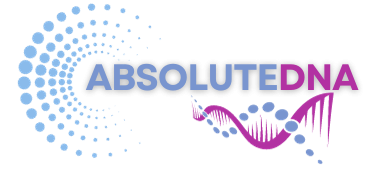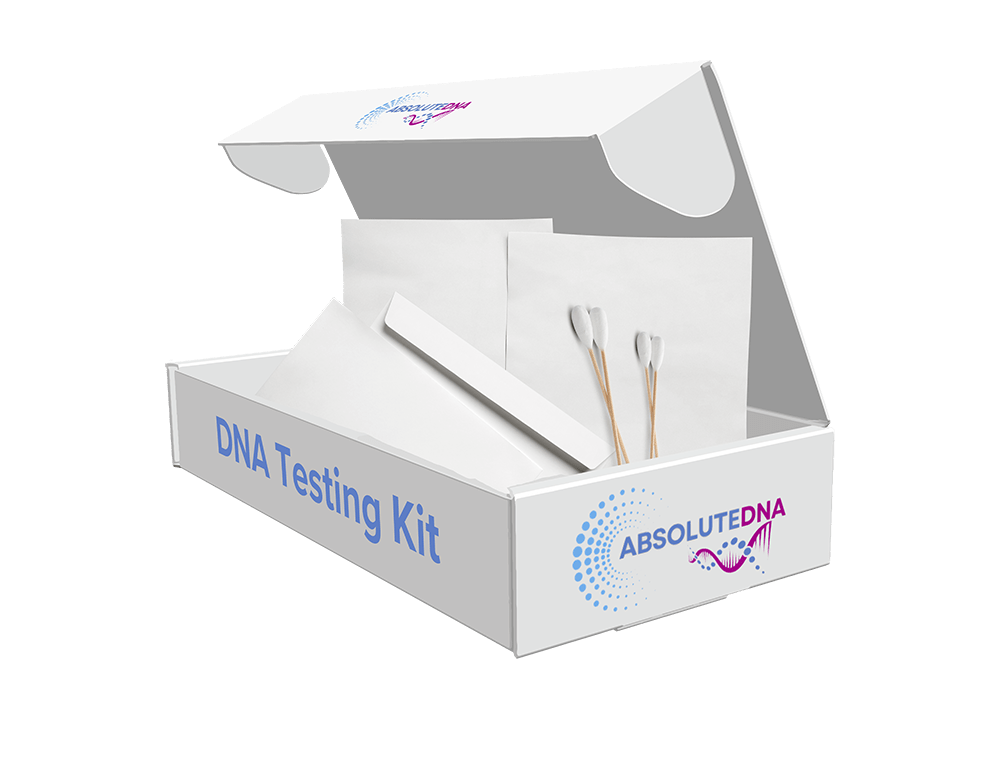About Surrogacy Testing
Some couples who are unable to have a baby in the traditional way, opt to use a surrogate. A surrogate is a woman acts on behalf of a couple, carrying the baby during pregnancy, then returning the baby to the parents once it is born.
There are various types of surrogacy.
Gestational Surrogacy
Involves implanting an embryo (created using sperm and egg from the intended parents) into the uterus of the surrogate using in-vitro fertilisation (IVF). This means that the intended parents are both biologically related to the unborn baby.
Traditional Surrogacy
Uses the egg of the surrogate and the sperm of the father. This means that the surrogate is the biological mother of the child. At birth, the surrogate legally gives up all rights to the child, and the intended mother will be required to adopt the child.
Surrogacy is legal in Australia, but for a number of reasons, many couples opt to seek a surrogate from overseas. This means that the child is born overseas and automatically becomes a citizen of that country.
Absolute DNA Services can assist, with our Surrogacy DNA Test. The results of this test can help to confirm the relationship between the baby and parents, and will be admissible in court according to Australian legislative requirements.
How does it work?
The Department of Immigration and Citizenship requires that the surrogate child must have a passport and visa. After processing, the department issues a case number and organises a DNA sample collection, usually in the child’s country of birth. The sample is usually taken in the Embassy or High Commission by a nominated doctor.
All DNA will be tested once samples from the surrogate child and alleged parents are received.
Surrogacy By State
Each state and territory in Australia has different laws on surrogacy. It is advised that you check the Surrogacy Australia website for more information.

